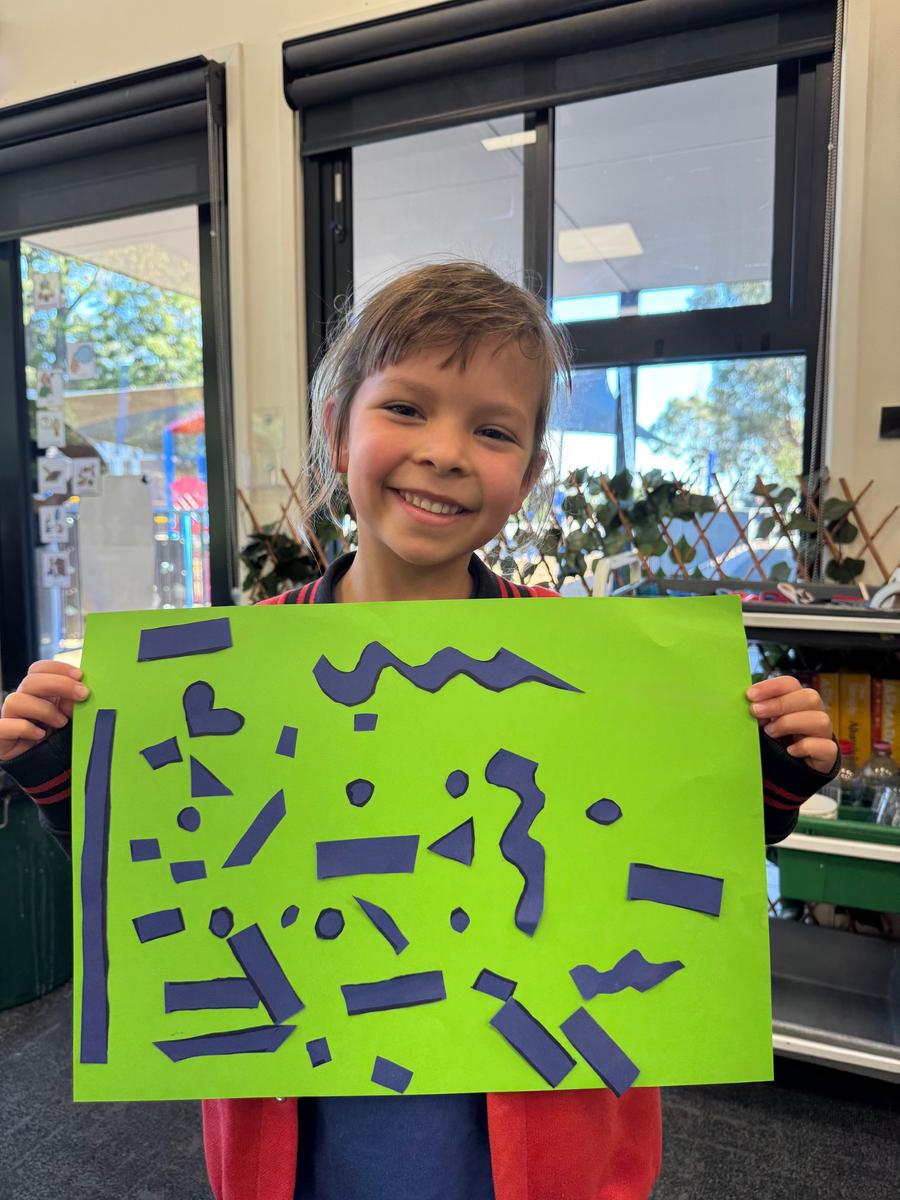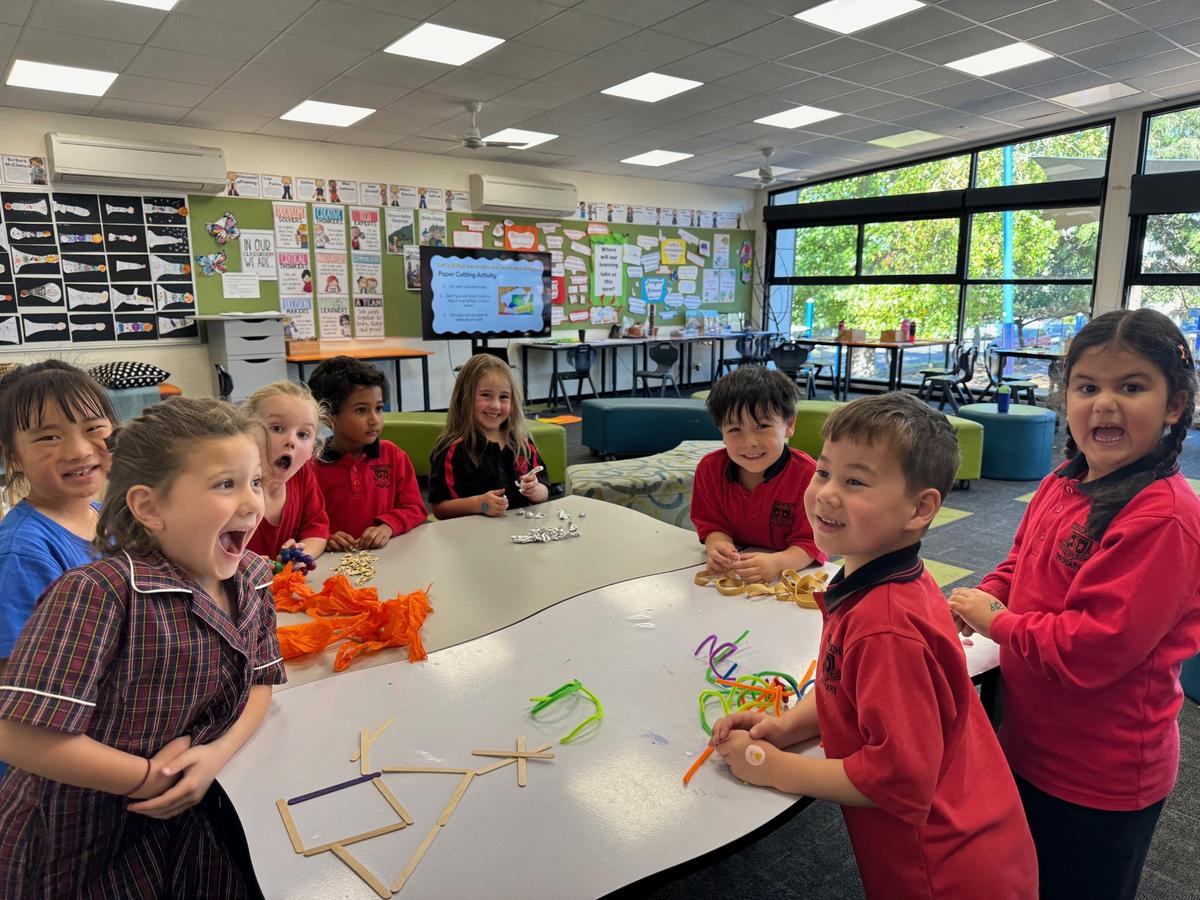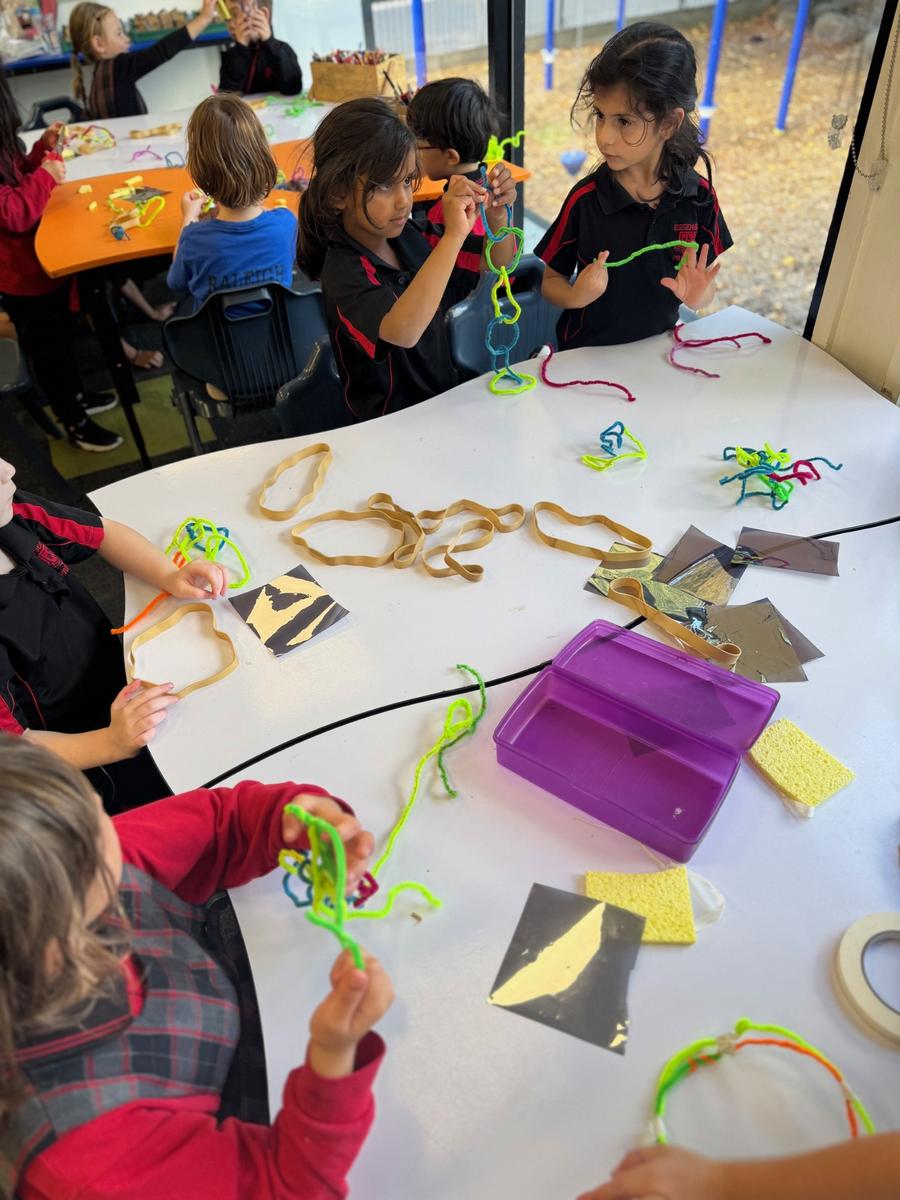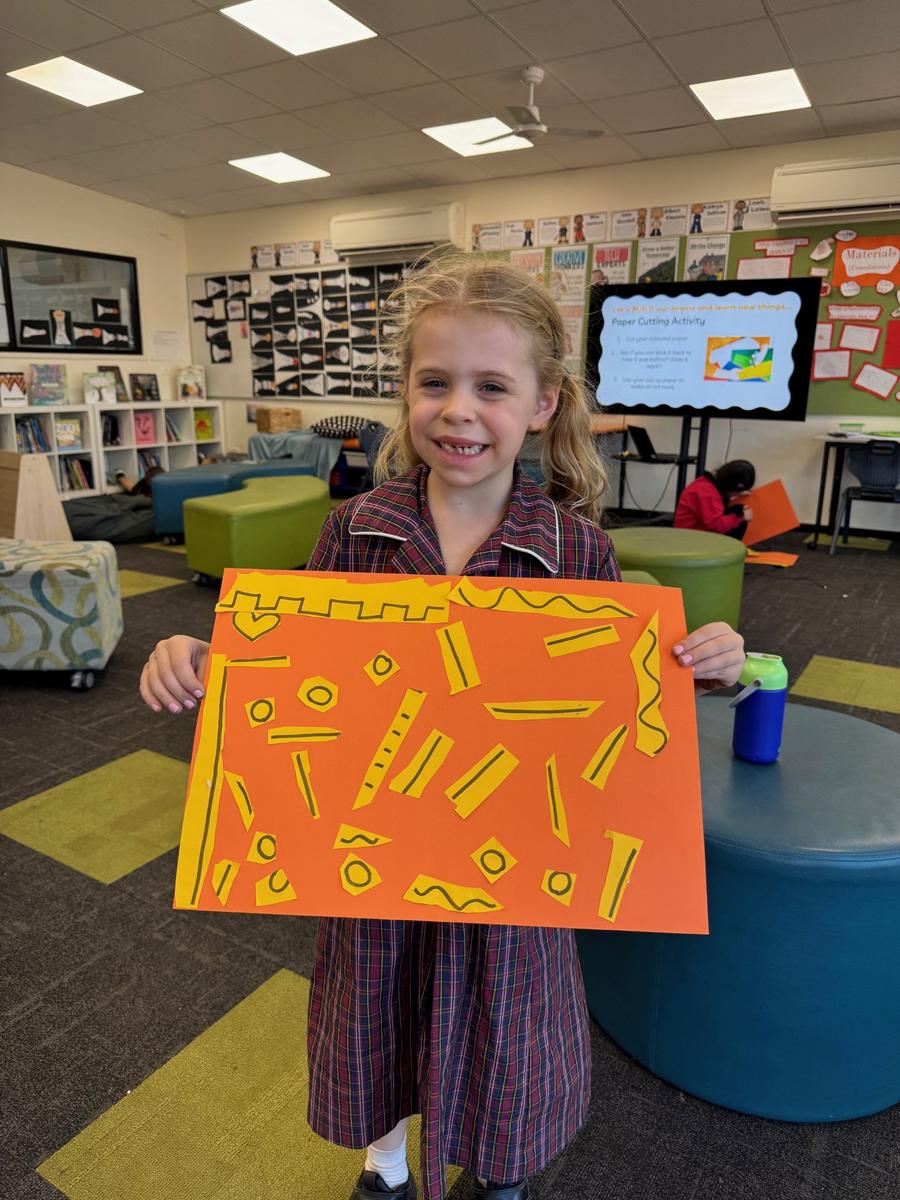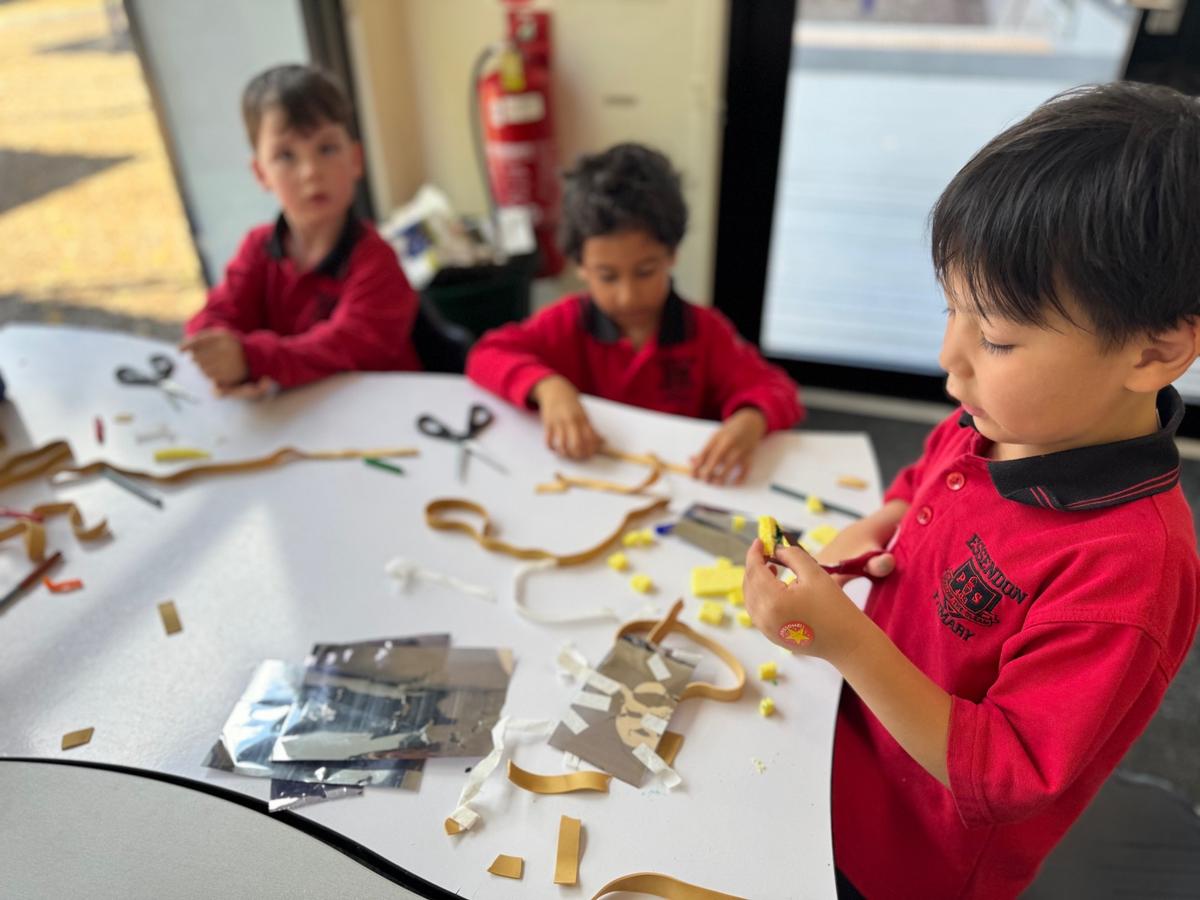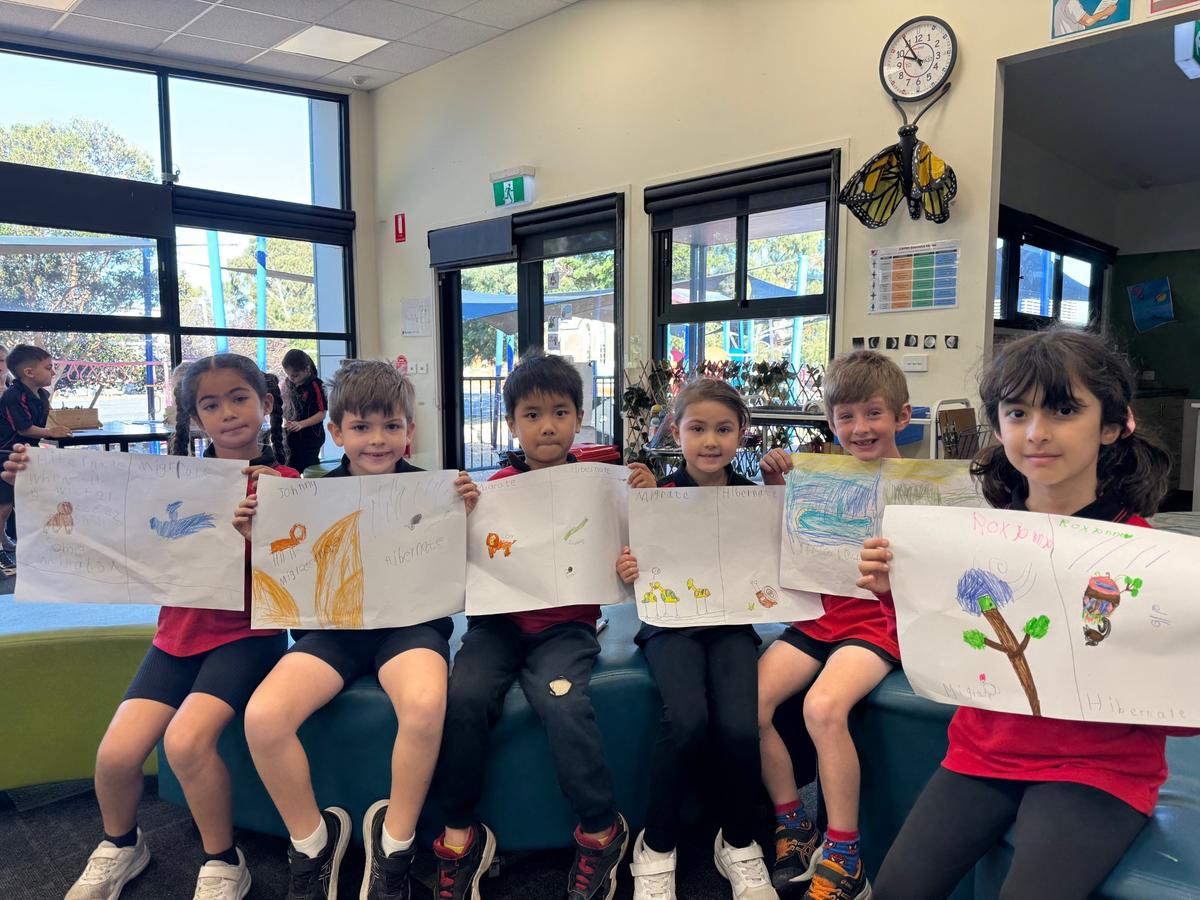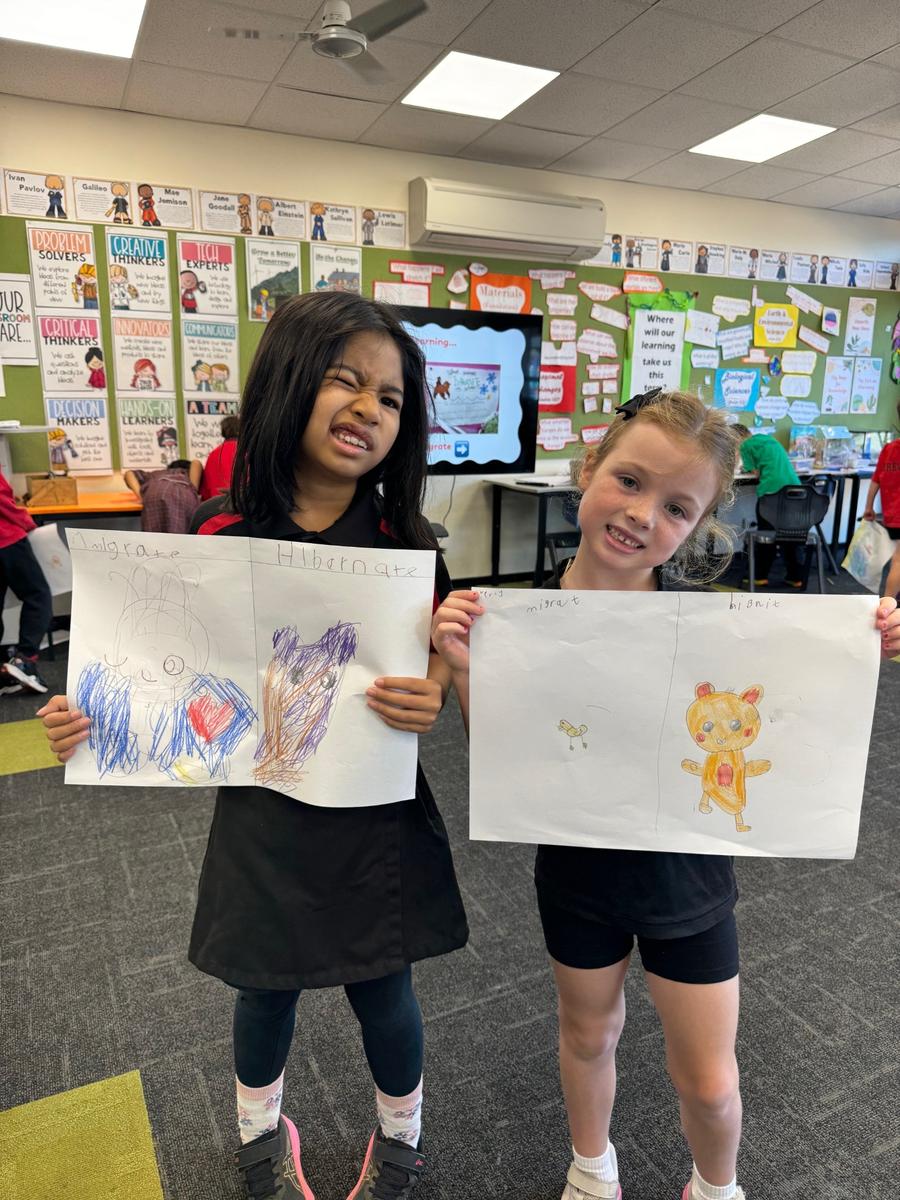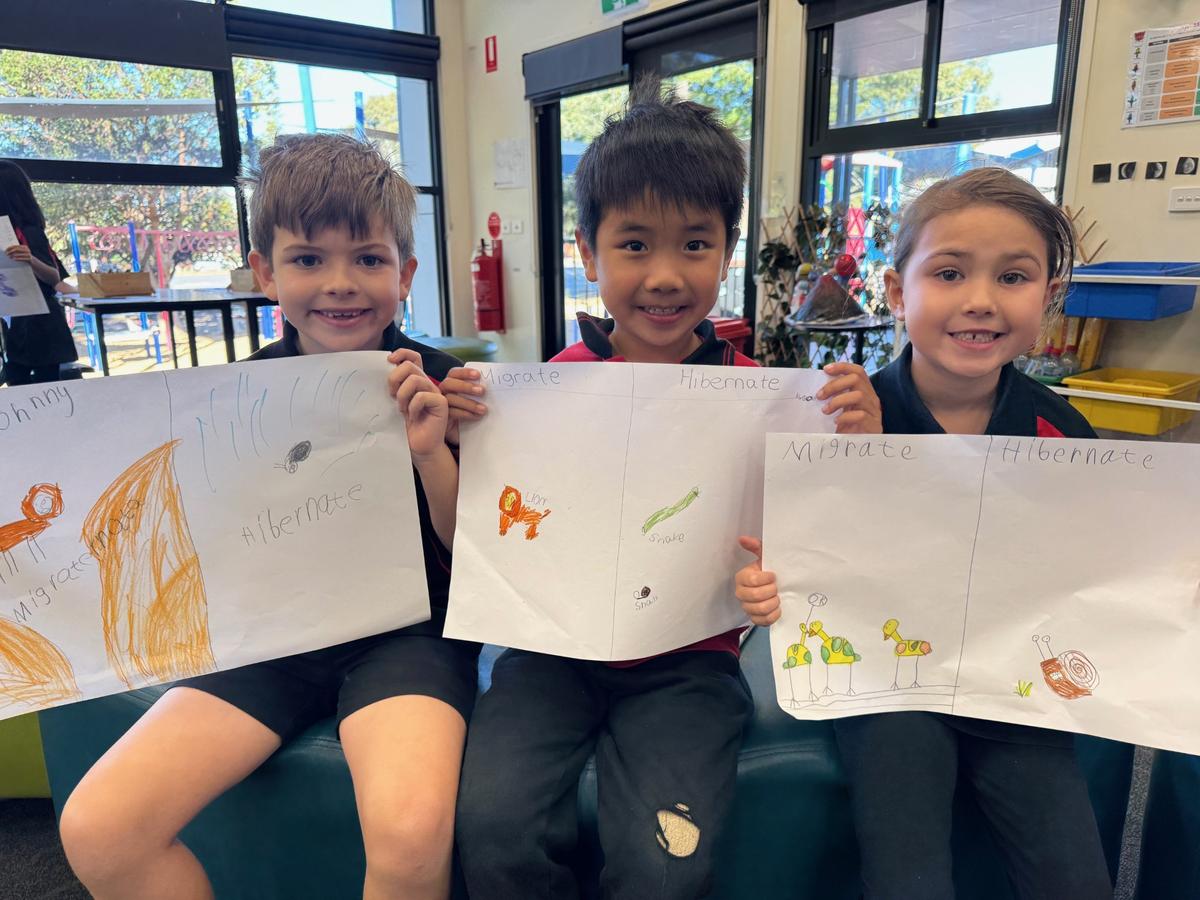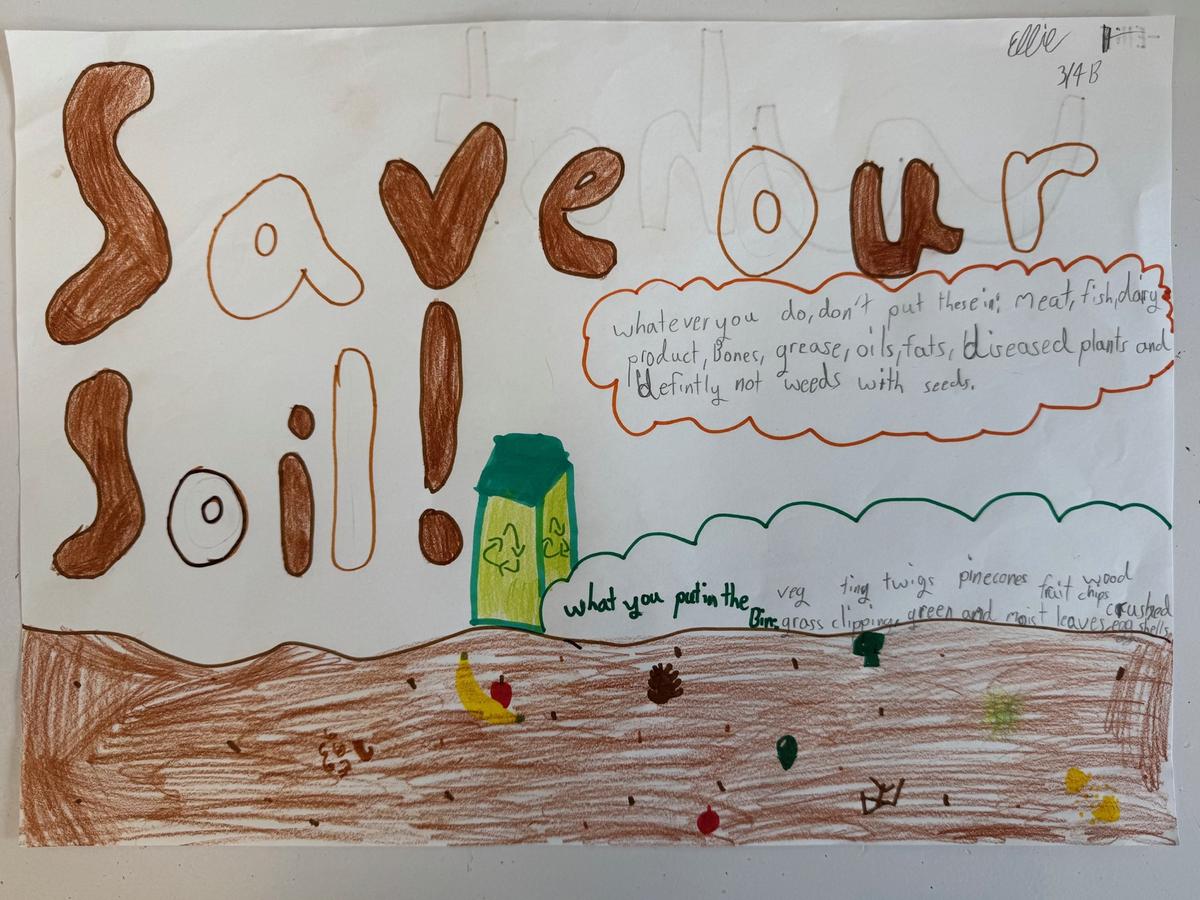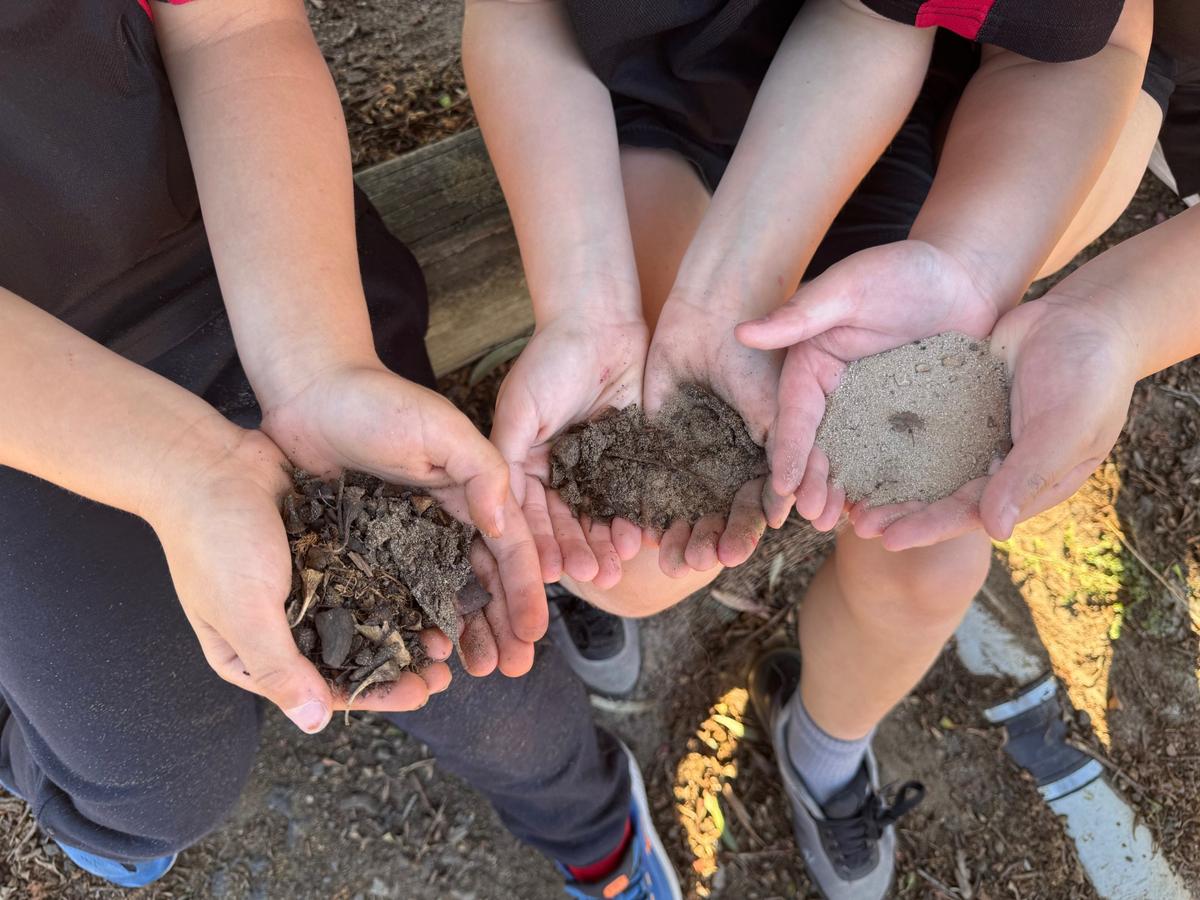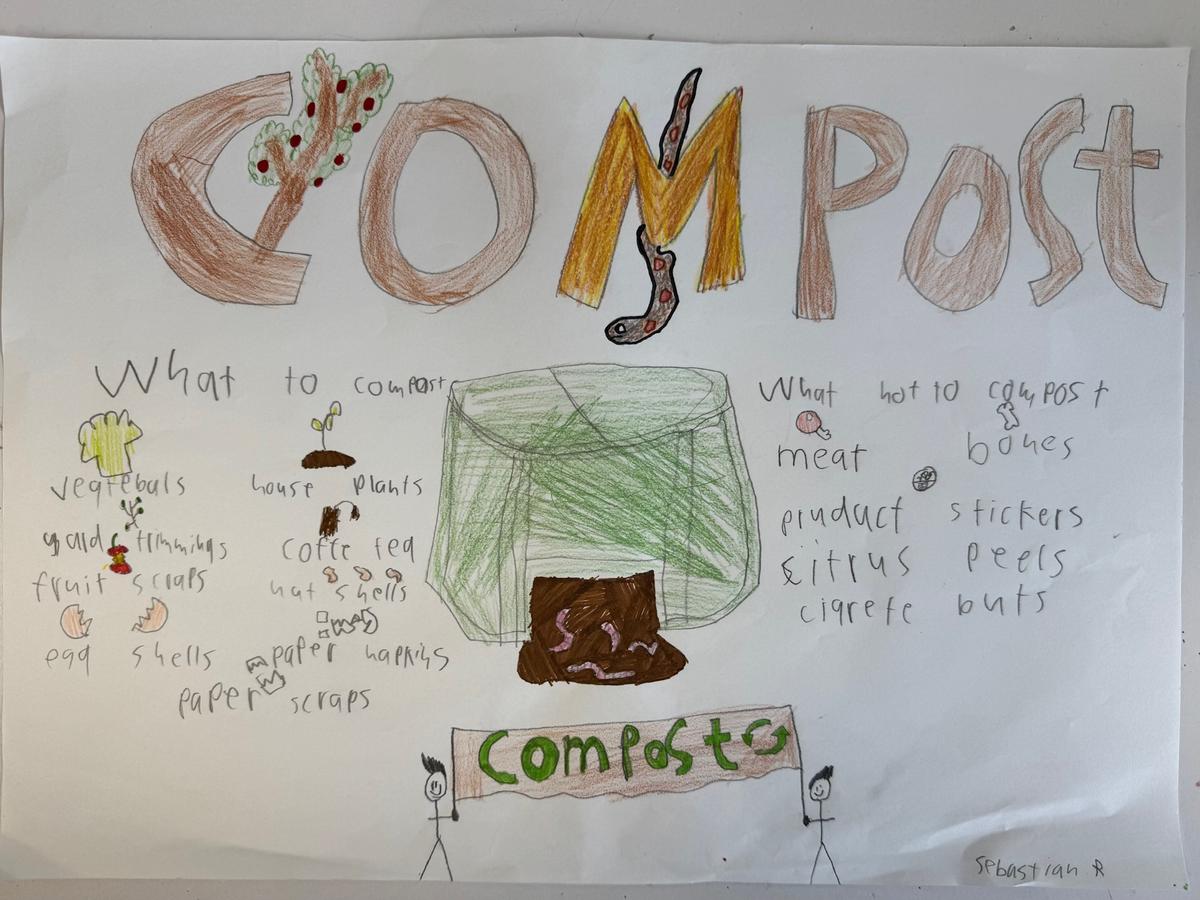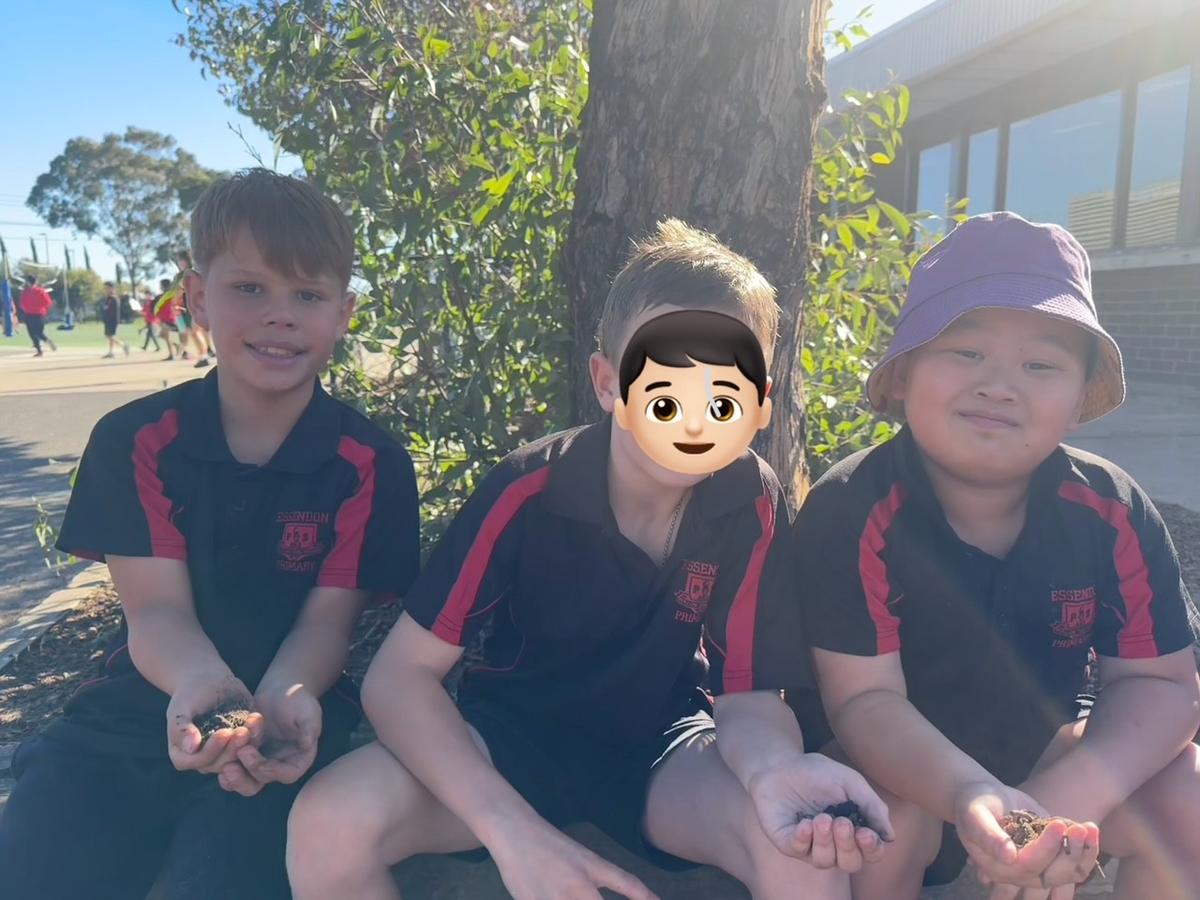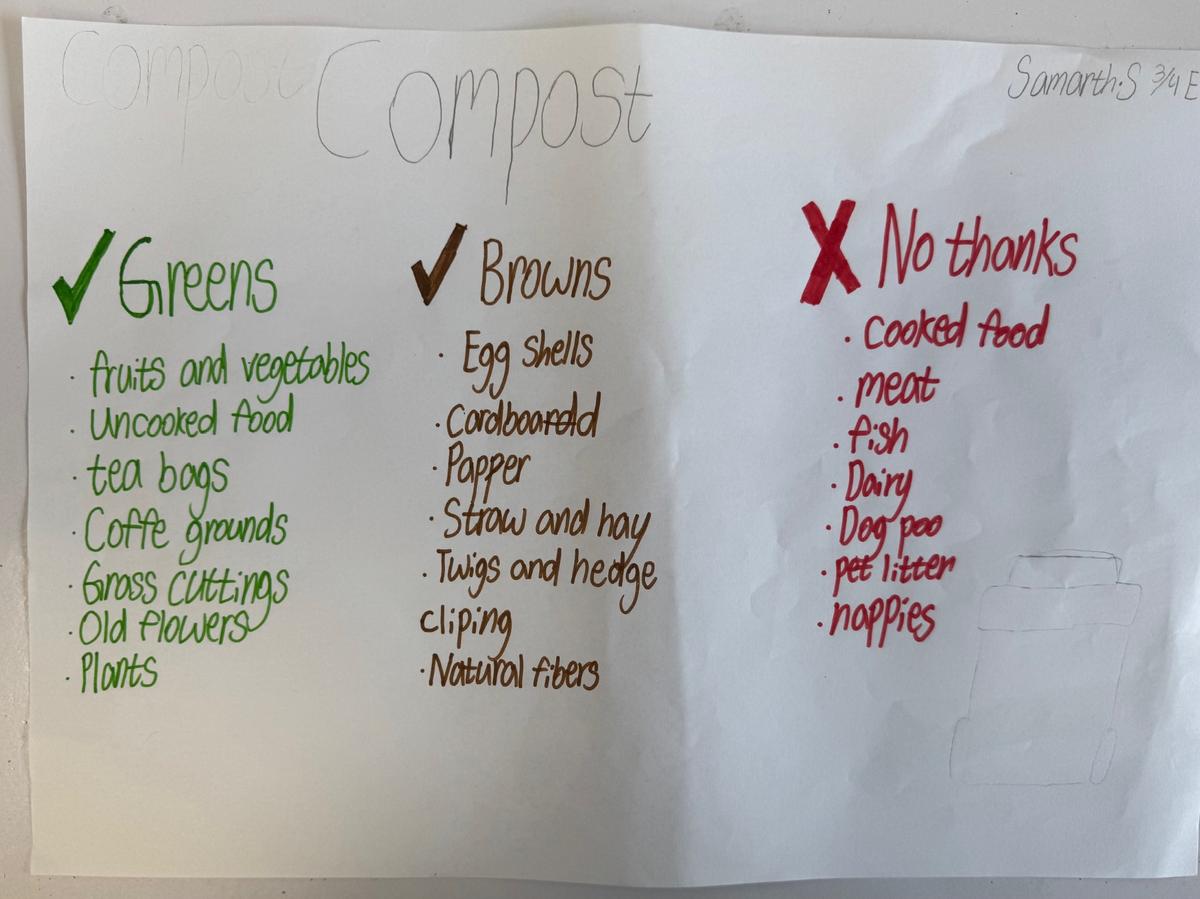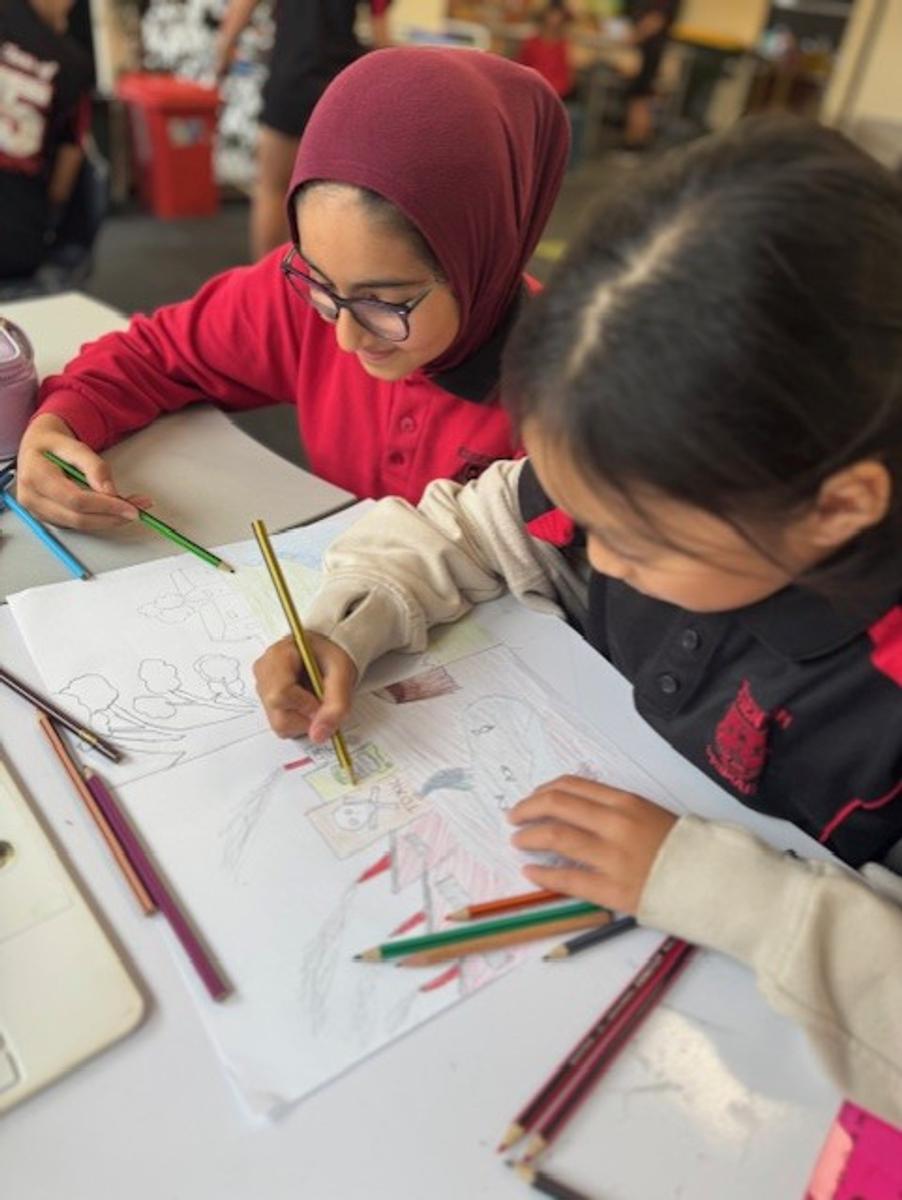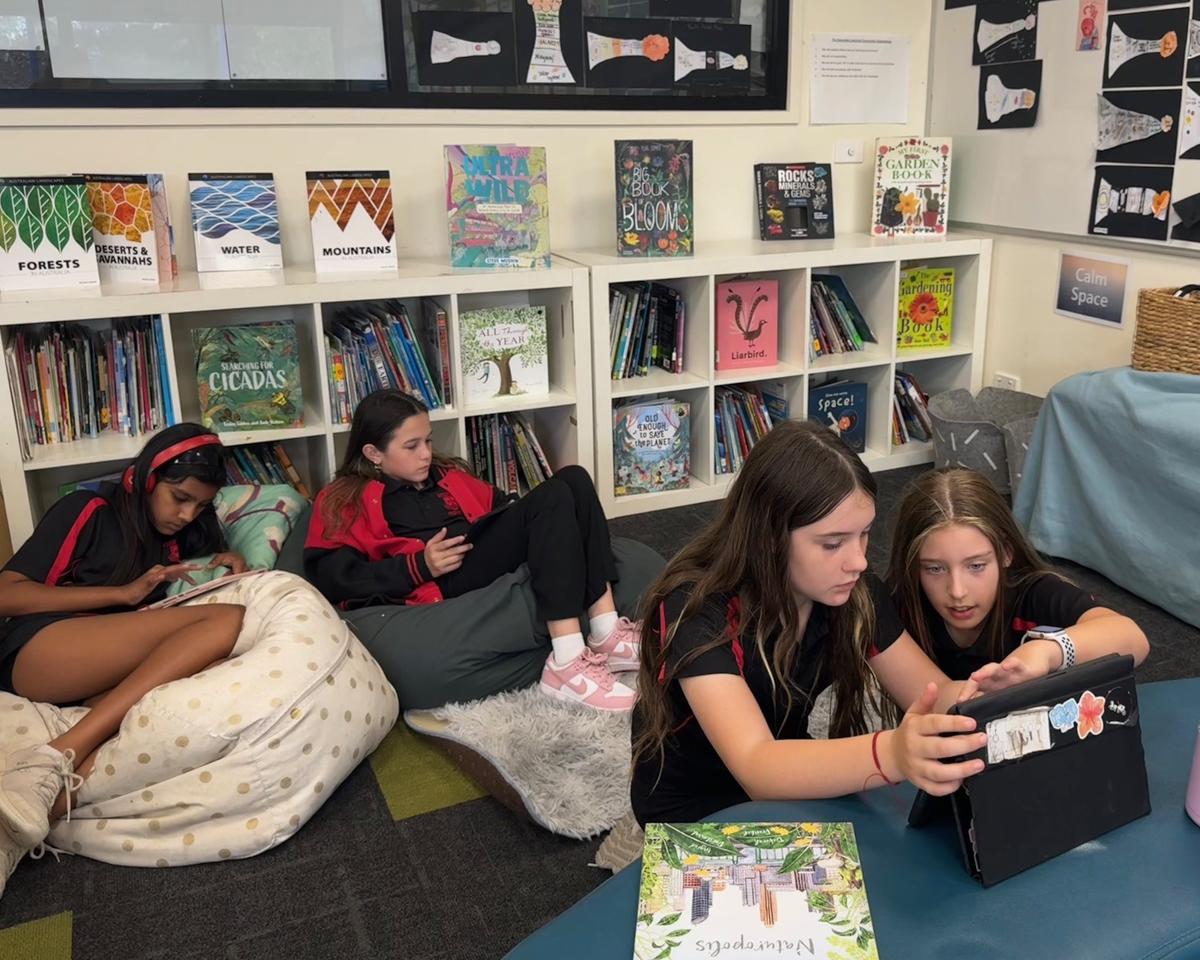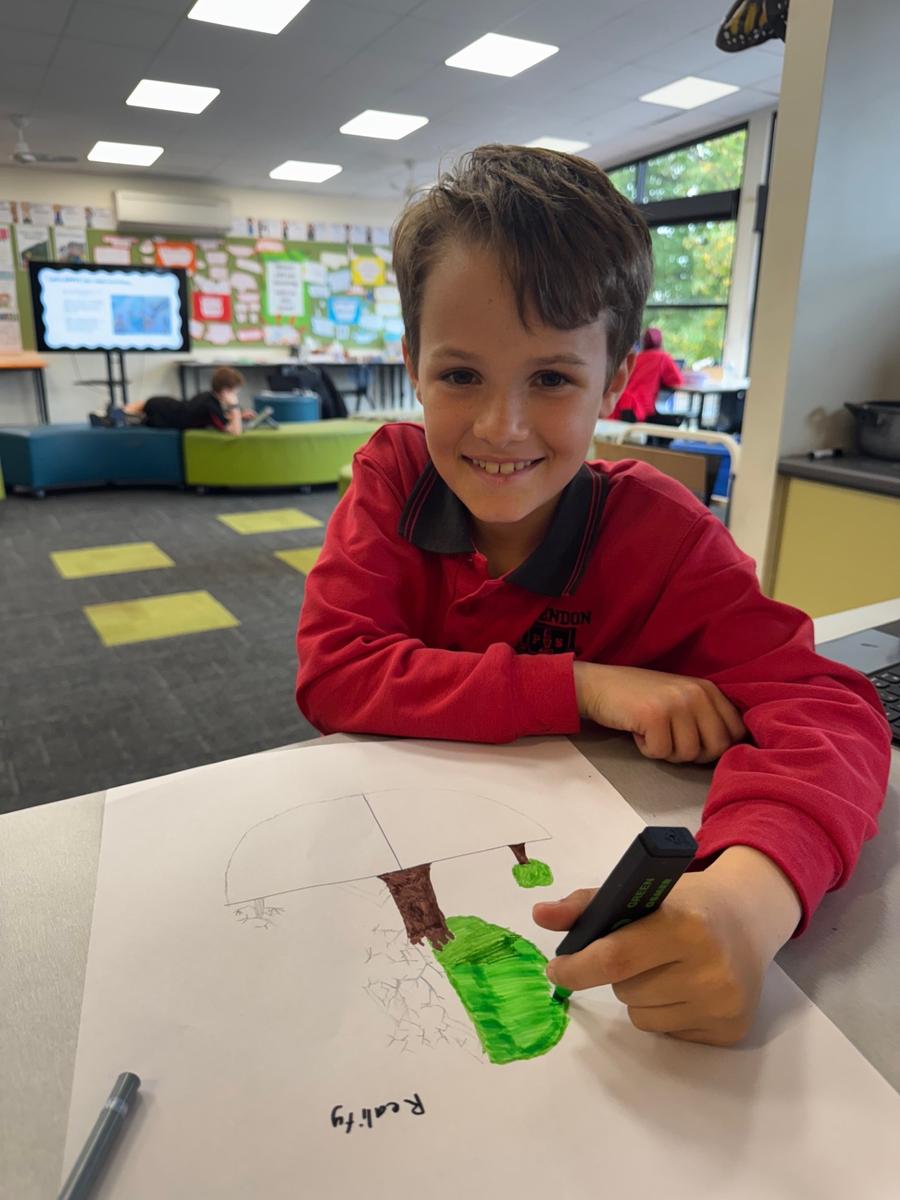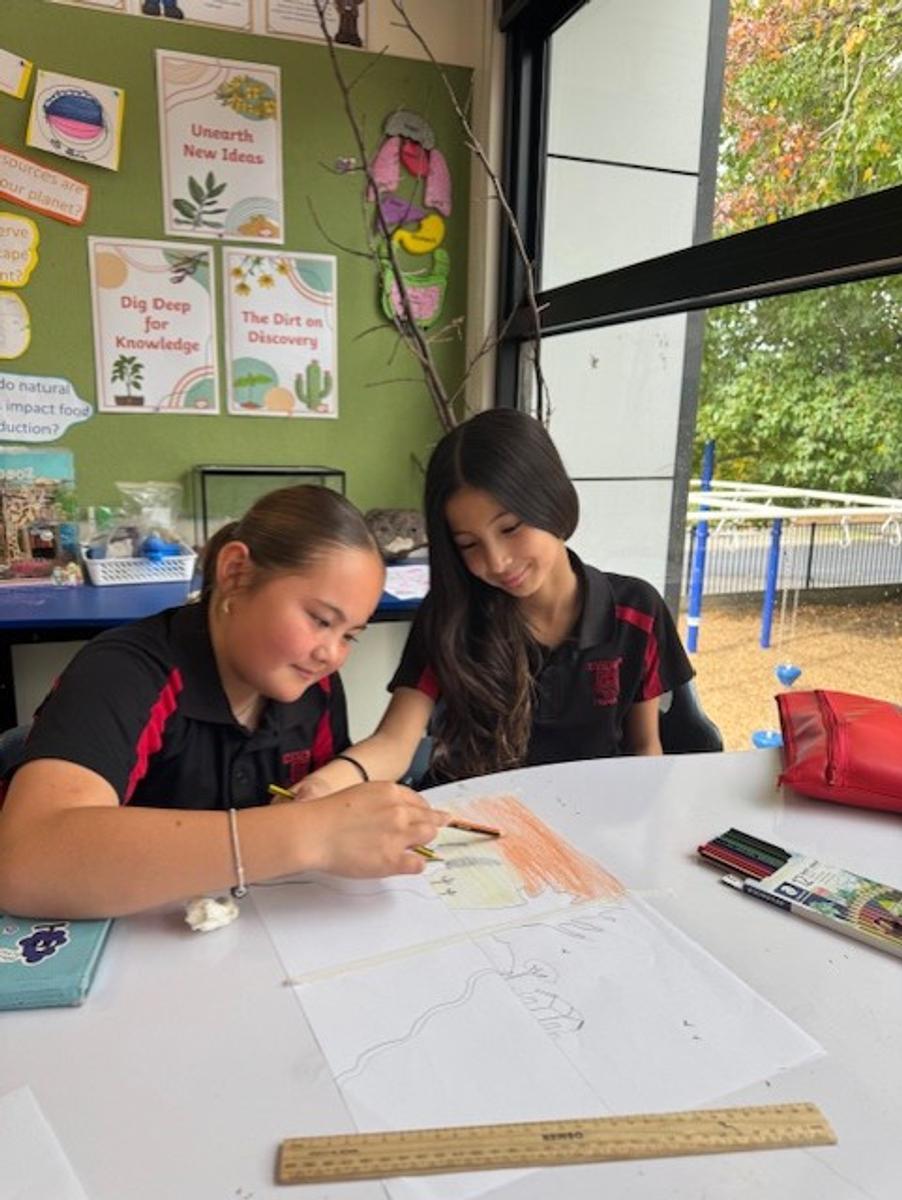Science

Science Update – Term 2, Week 3
Students across all year levels have made a fantastic start in Science this term, diving into hands-on investigations and engaging in rich discussions as they explore a wide range of scientific concepts! With Trish currently on leave, I’ve stepped in to teach Science while she is away and am giving you this Science update. My name is Adele and some families may remember me as Essendon Primary’s first Science Teacher. As I moved house and welcomed two little ones, I took a break from teaching at Essendon Primary, but I’m excited to be back and reconnecting with the school community.
Foundation Science
Our youngest scientists are investigating the properties of materials. Through hands-on experiments, they’re discovering what happens when different materials are bent, stretched, twisted, cut, or squashed. They’re learning to observe changes closely, make comparisons and describe materials using scientific language. Foundation students are also developing their prediction and observation skills, learning how to explain why certain materials are better suited for specific purposes— and why certain materials, for example bendy items aren’t ideal for building tall towers!
Grade 1 & 2 Science
The focus in Grades 1 and 2 is on Seasonal Changes and how they influence living things. Students have been learning how animals and plants adapt to different seasons, discussing concepts like hibernation and migration. We’ve also linked their learning to our Science class pet—a hermit crab—and observed how her behaviour shifts in response to changes in temperature and season. Through this unit, students are practicing skills such as identifying patterns in nature, asking questions, and making connections between observable changes and their causes.
Grade 3/4 Science
In Grade 3/4, students are diving into Environmental and Earth Sciences, with a key focus on soil and its role in supporting life. Students have been learning to identify different types of soil, understand where they are found, and examine their characteristics. This unit also builds understanding around sustainability, including how composting helps maintain healthy soil. Students have been applying their knowledge by creating informative posters to raise awareness about composting. Key science skills being developed include classifying materials, conducting simple tests, and drawing conclusions based on evidence.
Grade 5/6 Science
Our 5/6 Students are tackling big questions about Human Impact on the Environment. They’ve started exploring how both natural disasters—like bushfires and floods—and how human activities influence ecosystems, food availability, and biodiversity. Discussions have extended to genetically modified crops and the reasons farmers might choose to grow them in response to changing environmental conditions. Over the coming weeks, students will conduct investigations to see how factors such as temperature, light, water, and soil quality affect environments. This unit supports science skills such as hypothesis formation, experiment design, data collection and analysis, and evaluating the reliability of results.
It’s been a great start to the term in Science and students across the school are showing curiosity, creativity and enthusiasm in their scientific explorations. We are all looking forward to a term filled with discovery and learning new things.

